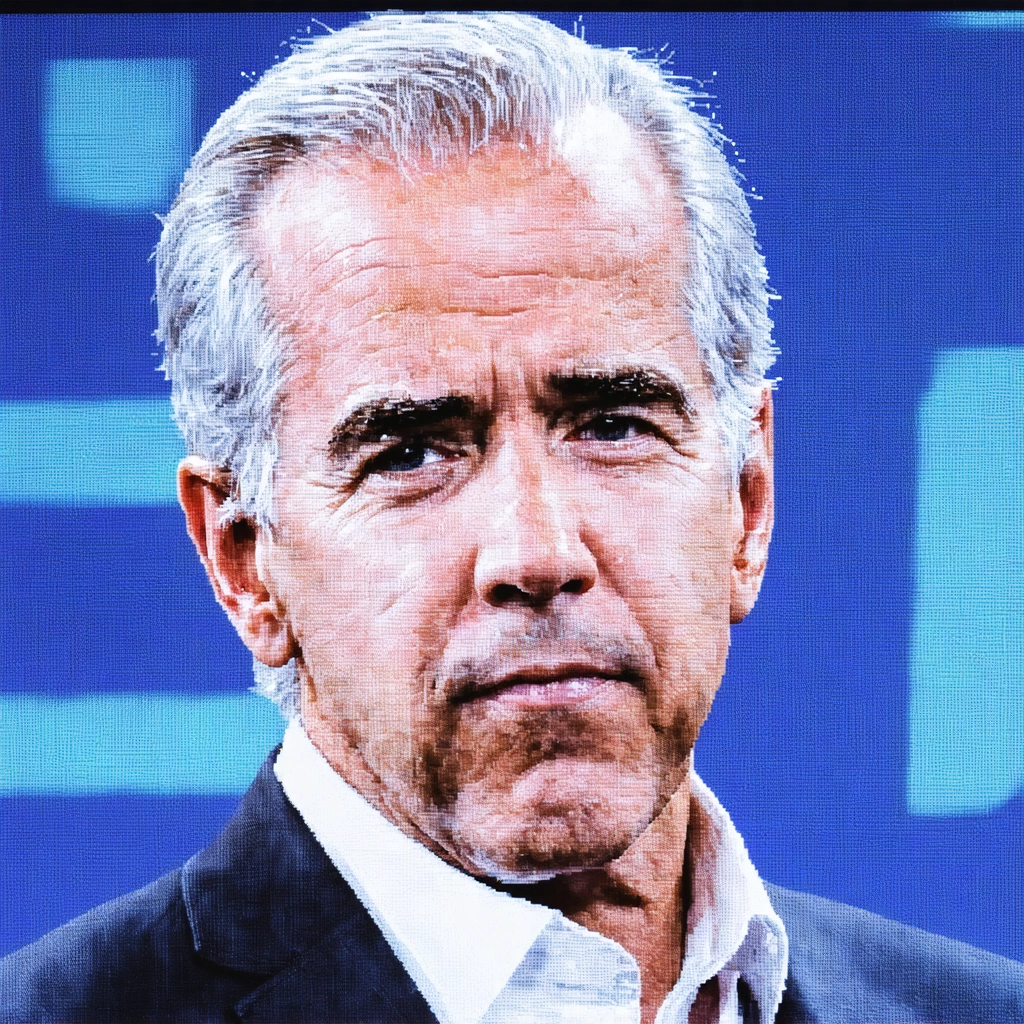
Introduction
In recent weeks, questions surfaced when a Burisma letter disclosed that Hunter Biden sought support from the State Department during his father’s vice presidency. Moreover, this revelation prompted intense debate among political circles. In fact, the letter indicated that Hunter Biden used the official letterhead of Burisma – a prominent Ukrainian energy firm – while corresponding with a U.S. ambassador who had personal ties to the Biden family. Consequently, political analysts and international observers scrutinized the contents of the letter to discern whether it signified an attempt to influence U.S. foreign policy. Additionally, many experts remarked that the situation appeared unusual given the high expectations of neutrality in matters involving government apparatus. Therefore, this narrative offers a comprehensive account of events in a clear and systematic manner.
Background and Context
Historically, the Ukraine energy sector maintained complex relationships with Western political figures. In this context, Burisma emerged as a subject of controversy. Initially, the company garnered attention due to its business practices and alleged links to political figures, including the Biden family. Furthermore, Hunter Biden’s involvement with Burisma raised additional questions about potential conflicts of interest. Researchers have noted that:
- The use of corporate letterheads in official communications remains highly unusual.
- Transnational energy companies often become entangled in political debates.
- Both national security and corporate governance issues can converge in such cases.
Therefore, the unfolding events have ignited widespread debate and rigorous analysis among political scholars and investigative journalists alike.
Investigative Insights and Expert Analysis
Notably, several investigative teams examined the letter’s phrasing and context. Firstly, they identified that the letter’s tone displayed determination, suggesting that Hunter Biden actively sought diplomatic support. Secondly, they discovered multiple nuances in the language used, which led experts to examine the potential for ulterior motives. Analysts provided their views using several key bullet points:
- They affirmed that the letter combined personal ambition with corporate interests.
- They observed that diplomatic channels were cited as a means to secure advantageous outcomes.
- They considered the possibility that the letter intended to forge stronger bilateral ties with certain officials.
Additionally, expert commentary has emerged in diverse formats. For instance, a panel of political scientists organized their insights into a numbered list to clarify the sequence of events:
- Review of official documents raised initial red flags.
- Interviews with insiders provided critical background.
- Scrutiny of email trails and archived correspondence further supported the investigation.
Moreover, a detailed table compiled by one media outlet illustrates the timeline and key players involved:
| Date | Event | Key Figure |
|---|---|---|
| April 2018 | Initial letter dispatch using Burisma letterhead | Hunter Biden |
| May 2018 | Internal review by Burisma compliance team | Corporate Executives |
| June 2018 | Escalation to State Department officials | U.S. Ambassador with Ties |
Thus, through synthesizing diverse viewpoints, investigators delineated both the potential motives and the more intricate layers of diplomatic strategy.
Political Implications and Ramifications
Subsequently, political ramifications of the letter have become a focus of intense debate. Critics argue that utilizing a corporate letterhead for diplomatic outreach undermines established protocols while potentially compromising impartiality. Meanwhile, supporters contend that the incident represents a minor lapse in protocol rather than a systemic issue. Importantly, the developments led several policymakers to re-examine ethics in political communications, especially when involving family members of high-ranking officials. In addition, detailed assessments underscored a chain reaction that triggered:
- Heightened media scrutiny of familial ties in politics.
- Calls for more stringent oversight of companies operating in politically sensitive sectors.
- Intensified debates on the balance between private interests and public responsibilities.
Moreover, transitional words such as “furthermore,” “consequently,” and “additionally” pepper the narrative, ensuring clarity and cohesiveness throughout the analysis.
Examination of Diplomatic Strategy
Interestingly, this situation mirrors previous instances where individuals attempted to leverage personal connections for political gain. Researchers have begun to draw parallels between the Burisma case and other historical episodes involving diplomatic misadventures. Essentially, the letter’s content implied that Hunter Biden might have believed that combining personal connections with corporate backing could yield tangible political support. It also served as a reminder to government agencies of the need to safeguard the integrity of diplomatic processes. Noticeably, the incident prompts policymakers to consider revising ethical guidelines to prevent any perceived impropriety. Consequently, agencies now often advocate for more transparent communication channels.
Short- and Long-Term Impacts
In the short term, this controversy has activated both political and media watchdogs, who now closely track any similar incidents. In the long term, the unfolding narrative may shape future policies. For example, recommendations emerging from congressional hearings include:
- Implementing stricter verification protocols for official letters.
- Enhancing training programs for diplomatic staff on potential conflicts of interest.
- Establishing clearer separations between private business affiliations and public office communications.
Furthermore, internal government memos emphasize the need to address even marginal deviations from expected standards. Additionally, policymakers have pledged to review past cases comprehensively to prevent future controversies and maintain public trust.
Conclusion
To summarize, the Burisma letter incident remains one of the most controversial diplomatic episodes of recent years. Hunter Biden’s decision to use the company’s letterhead when reaching out to a U.S. ambassador with familial connections generated significant controversy. Moreover, political strategists and scholars exploited this case to debate the balance between private interests and public responsibilities. While the long-term impact remains uncertain, the interim effects have reshaped political discourse and prompted calls for stricter ethical guidelines. Ultimately, the incident underscores the enduring need for transparency, accountability, and adherence to diplomatic protocols in an increasingly interconnected political world. Thus, this unfolding narrative continues to influence both domestic policy and international relations.




